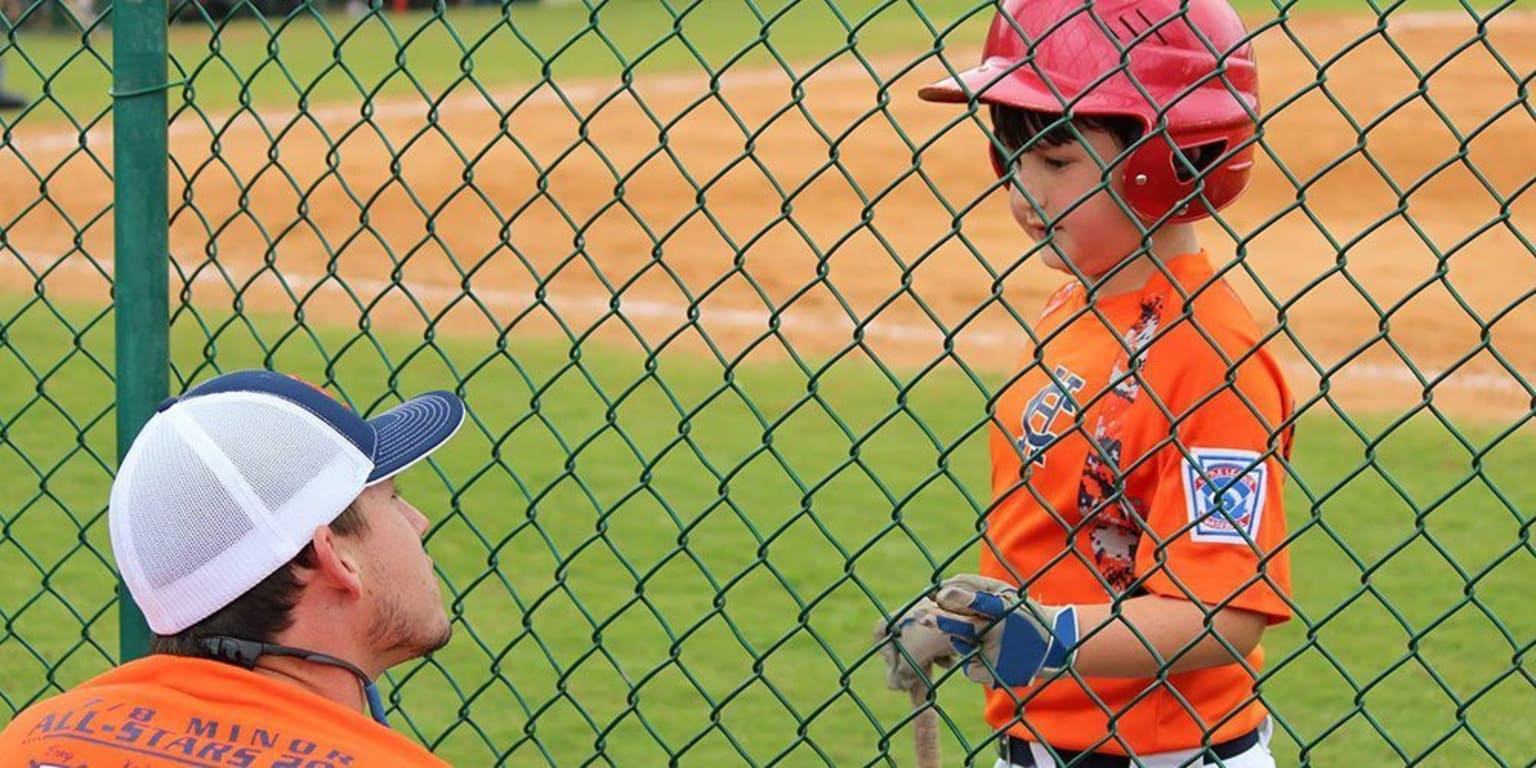How to Support the Experience of Your Little Leaguer® Away from the Field

We get it. Winning is better than losing. Winning is important. But the most important thing is using the Little League® experience to help children develop into productive, contributing members of our communities, who live up to the Little League standards of Character, Courage, and Loyalty. Little League and Positive Coaching Alliance (PCA) educate the Second-Goal Parent®, who focuses on helping children with those life lessons.
Most of what parents can do to aid in this process occurs away from the field. So, here are a few approaches and tactics to take, starting from the time you drive your child home from a game.
Avoid the “Dreaded P.G.A.” No, we’re not talking golf here. The P.G.A. is “Post-Game Analysis.” Likely the last thing your child wants to do is climb into the car and immediately dissect a just-completed game through your eyes. Win or lose, that game was emotional, and your child may need a while to process the experience.
Of course, if your son or daughter is extra-excited and starts the conversation, you will want to engage. There is no reason to dampen enthusiasm, and you may sometimes need to dry their tears, but that’s different than you diving in with criticism, correction, or even seemingly innocuous questions, such as “What happened on that play when you…”
Outside of any extreme scenarios, once your child starts the conversation, the best thing you can do is listen. Put the phones away. Maintain eye contact. Nod and interject and smile so your child knows you’re engaged. Whether in the car, the pizzeria, or your home, it also helps to ask open-ended questions, such as “And then what happened?” or “How did that make you feel?”
In any conversations about the team or games, a Second-Goal Parent emphasizes the life lessons available from the experience. If your child seems discouraged by his or her performance, reinforce a sense of self-worth with “You’re the kind of person who…” statements: “I know you are disappointed with the loss, but one thing I like about you is you’re the type of person who bounces back and tries hard the next time.”
No matter what else is said or done, it is critically important that your child feel your unconditional love and support, regardless of performance. That is what can keep your Little Leaguer® happy and healthy at home and on the field and everywhere in between!
By David Jacobson, Positive Coaching Alliance